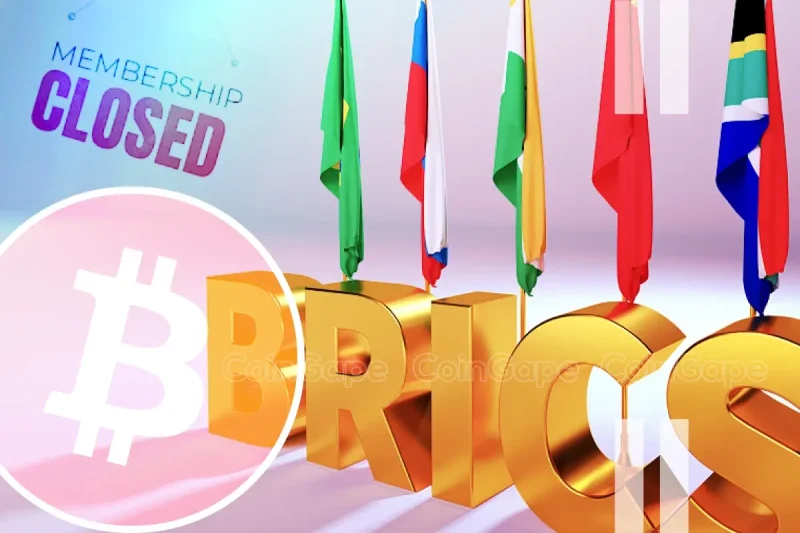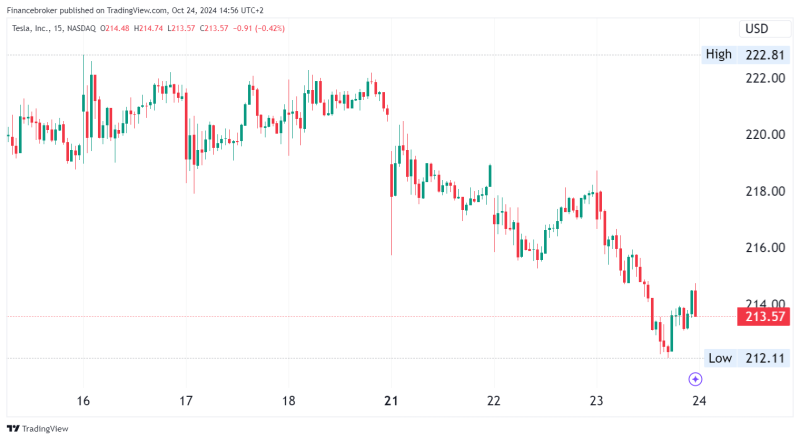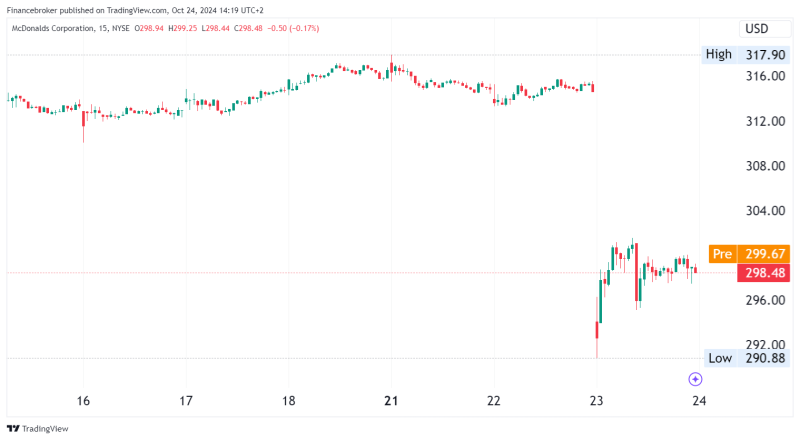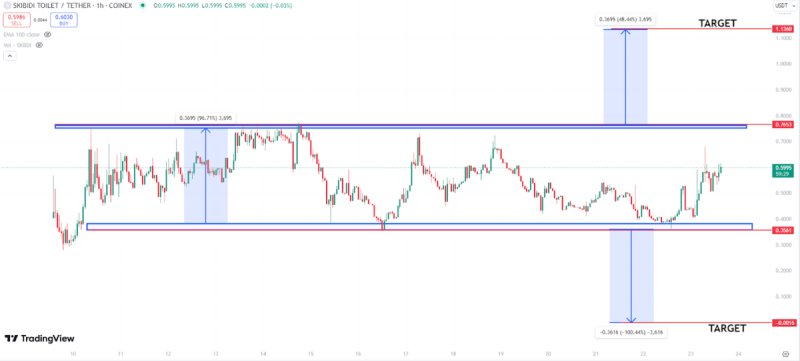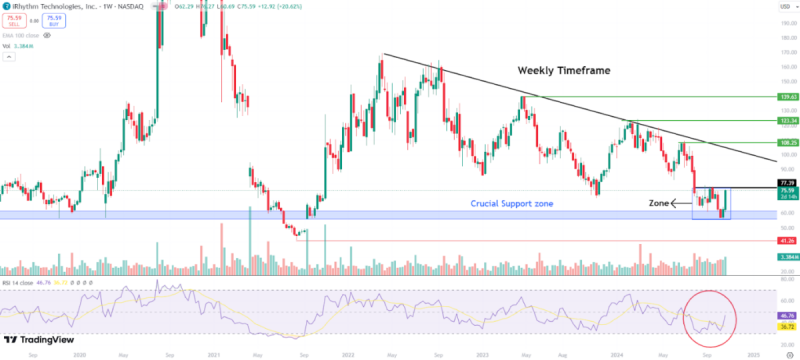Tether Proposes Boron Tokenization to Turkey
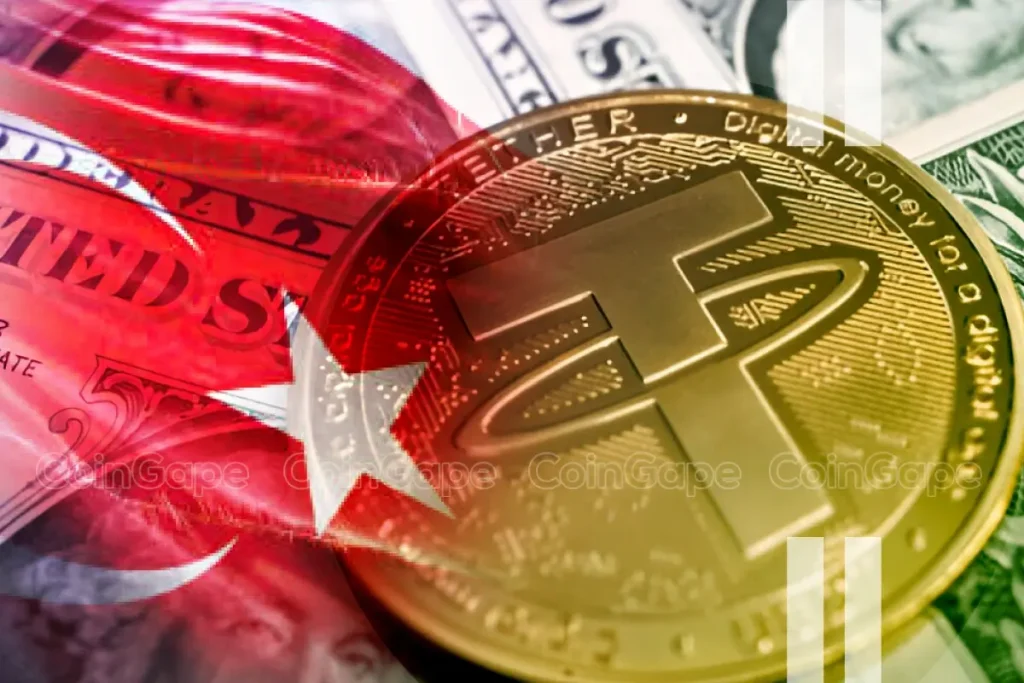
Tether Holdings Ltd. tried to persuade Turkey to use digital assets to renovate the country’s boron market.
This is the latest evidence of the crypto industry’s linchpin tapping the commodity sector for further growth.
Boron on the Blockchain: Tether’s Turkish Gambit
Tether, the stablecoin issuer, has submitted a government plan using blockchain for digitally tokenizing borate minerals according to anonymous sources. It has also floated the idea of establishing a digital asset exchange in Istanbul, the financial capital, said the people.
The proposal for the boron coin represents the nascent segment of tokenization. Proponents say it can modernize some markets.
Other major application fields for boron products include ceramics, detergents, fertilizers, and glass. According to the state-owned miner Eti Maden Isletmeleri Genel Mudurlugu, Turkey is a monopoly provider with over 70% of global reserves. The government projects revenues at about $1.3 billion in 2024.
That interest of Tether in Turkey, more precisely its central focus on boron, raises eyebrows as far as the strategic benefit of the proposed deal is concerned. For no apparent reason, the economic contours of Turkey make it a destination point for digital asset companies.
Still Tether is not the only one interested in Turkish cryptospace. Just recently, Turkish banking giant Garanti BBVA Kripto announced its partnership with Ripple Inc. and IBM to provide enhanced and secure crypto trading and custodial services to its clients.
High inflation and the weakening lira have crypto adoption in Turkey running. Hot data from Chainalysis shows almost $137 billion in crypto inflows through June 2023. This placed Turkey among the most active crypto markets globally.
Despite these exploratory moves by Tether, Turkish officials still hold their optimism. As one government representative said, it is in the early days to apply the boron proposal. Another at the Energy Ministry said discussions were still at their “preliminary” stage.
Tether’s Ardoino: Committed to Crypto Innovation in Turkey
Chief Executive Officer Paolo Ardoino reiterated that the company was all set to drive crypto innovation forward within the country and delve into future ways of expansion. The company cooperates with law enforcement in 45 countries, including the FBI and U.S. Secret Service, and claims to have a 104% over-collateralized reserve. Ardoino recently called for better crypto legislation within the US but also in the world.
Locally, the Expansion Manager for Tether, Anadolu Aydinli, has been holding talks with various key players, such as Eti Maden’s General Manager Yalcin Aydin, Vice President Cevdet Yilmaz, and Energy Minister Alparslan Bayraktar. For now, though, the Turkish Energy Ministry and the Presidency maintain scant official responses.
The larger backdrop of these moves underlines Turkey’s growing relevance in the global cryptocurrency market and the potential role it may play in further shaping the country’s digital asset landscape.
As a part of the broader crypto ecosystem, the issuer is increasingly seeking to expand its lending opportunities to commodity trading firms. This could be a strategy toward wider financial applications, using the profits from USDT operation to go deep into the integration of hard assets with its payment system.
USDT, which is backed by conservative investments such as US Treasuries, has watched as profits balloon. It reportedly earned a record $5.2 billion in the first half of 2024.
USDT is finding its way to commodity producers and brokers in such sanction-laden countries as Venezuela and Russia, which partially use the global banking system through partial access from US sanctions.
This has taken the trend toward a challenge for regulators in efforts to track and control global money flows with the rising adoption of crypto assets in sanctioned economies. The involvement of Tether one way or another signals its broader ambition in both the crypto and traditional finance sectors.
USDT: The Future of Finance in Emerging Markets?
USDT is the world’s largest stablecoin issued by Tether, pegged at a constant price of $1 to the US dollar. The stablecoin dominates the crypto ecosystem, and its circulating supply has grown to $120 billion. It has become one of the more popular ways for traders to store value during shaky markets and provide liquidity between exchanges.
Beyond trading, the issuer has been positioning USDT as a cheap, quick payment method, especially in emerging markets. In countries where US dollars are more challenging to access, Its stablecoin is a way to route around the traditional banking system to a system with less friction and far fewer fees to move value. This functionality is especially critical in countries under pressure due to inflation, in which stablecoins have proven to be sound alternatives for transactions and savings.
By using blockchain technology, the stablecoin issuer wants to extend USDT’s role by making the coin a viable alternative to banking services, particularly in areas where the financial infrastructure is either not very well developed or quite ineffective.
The post Tether Proposes Boron Tokenization to Turkey appeared first on CoinGape.

